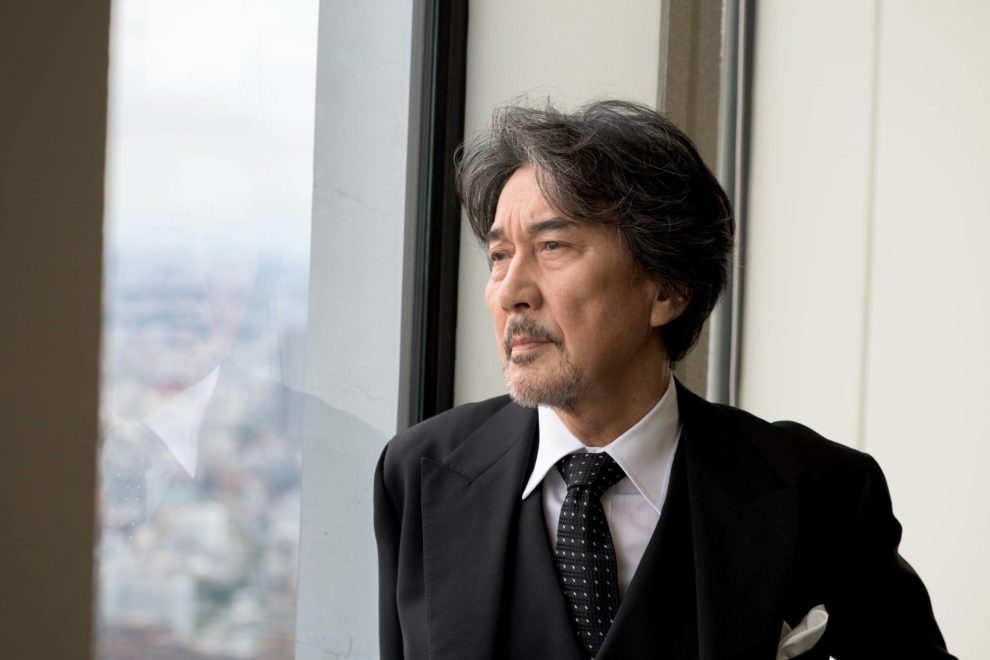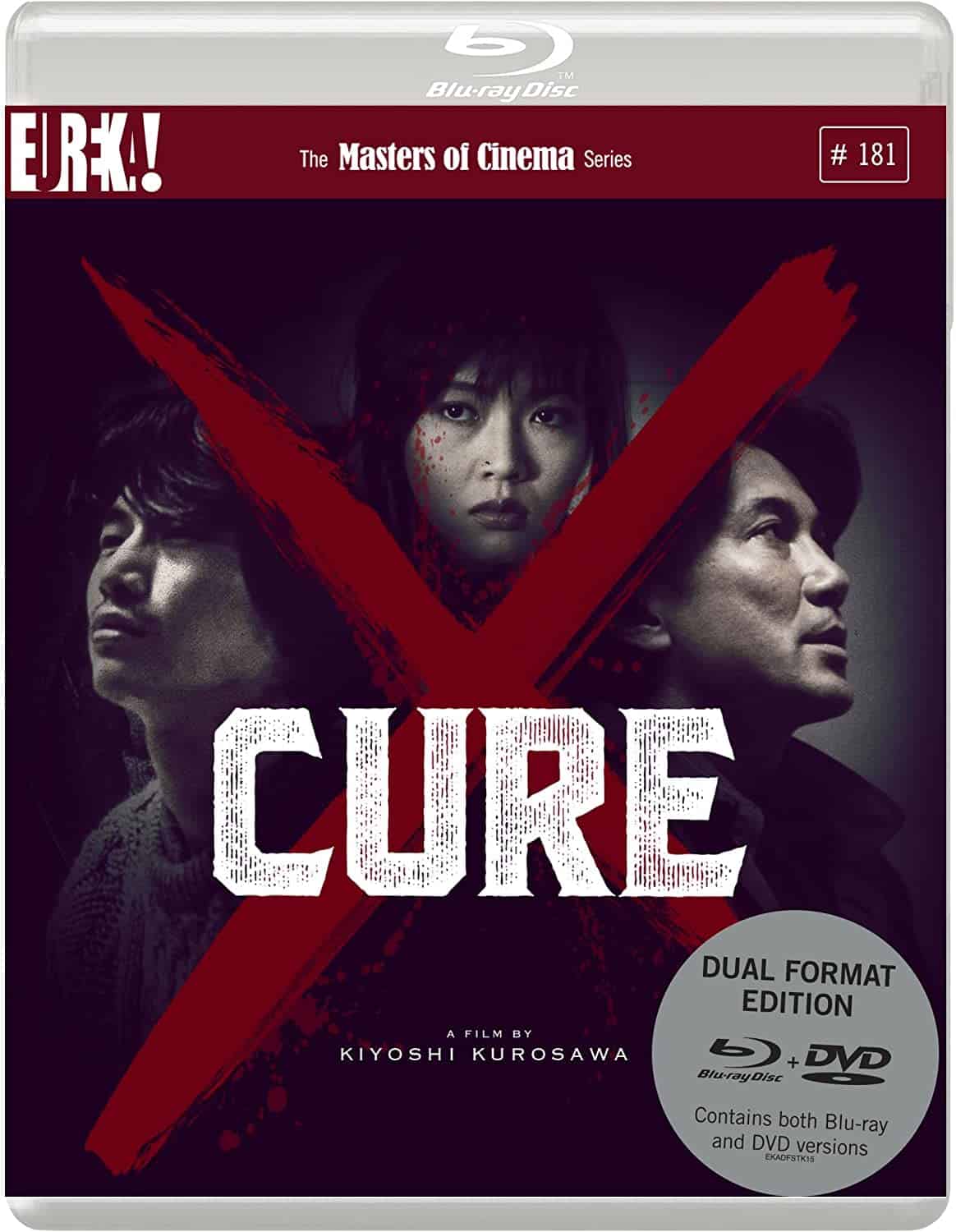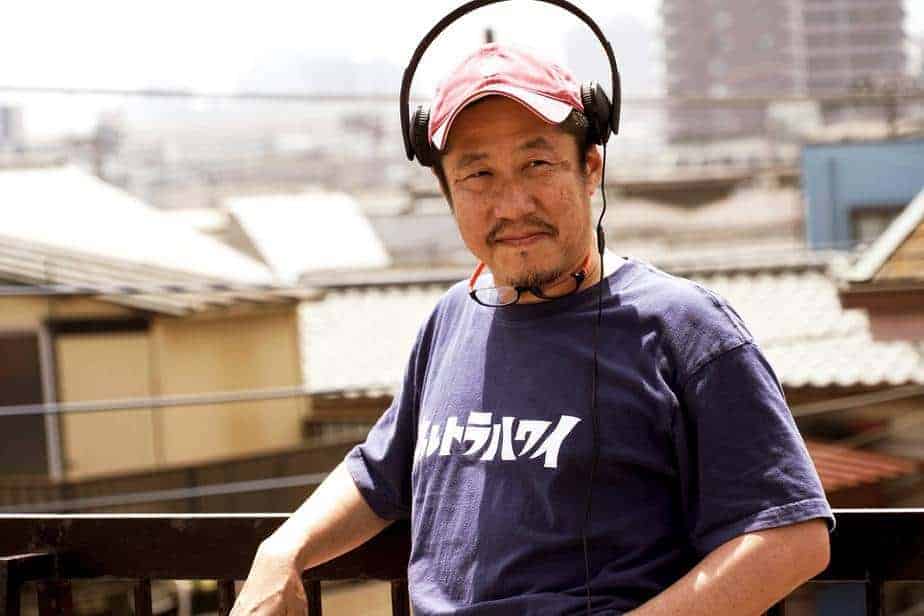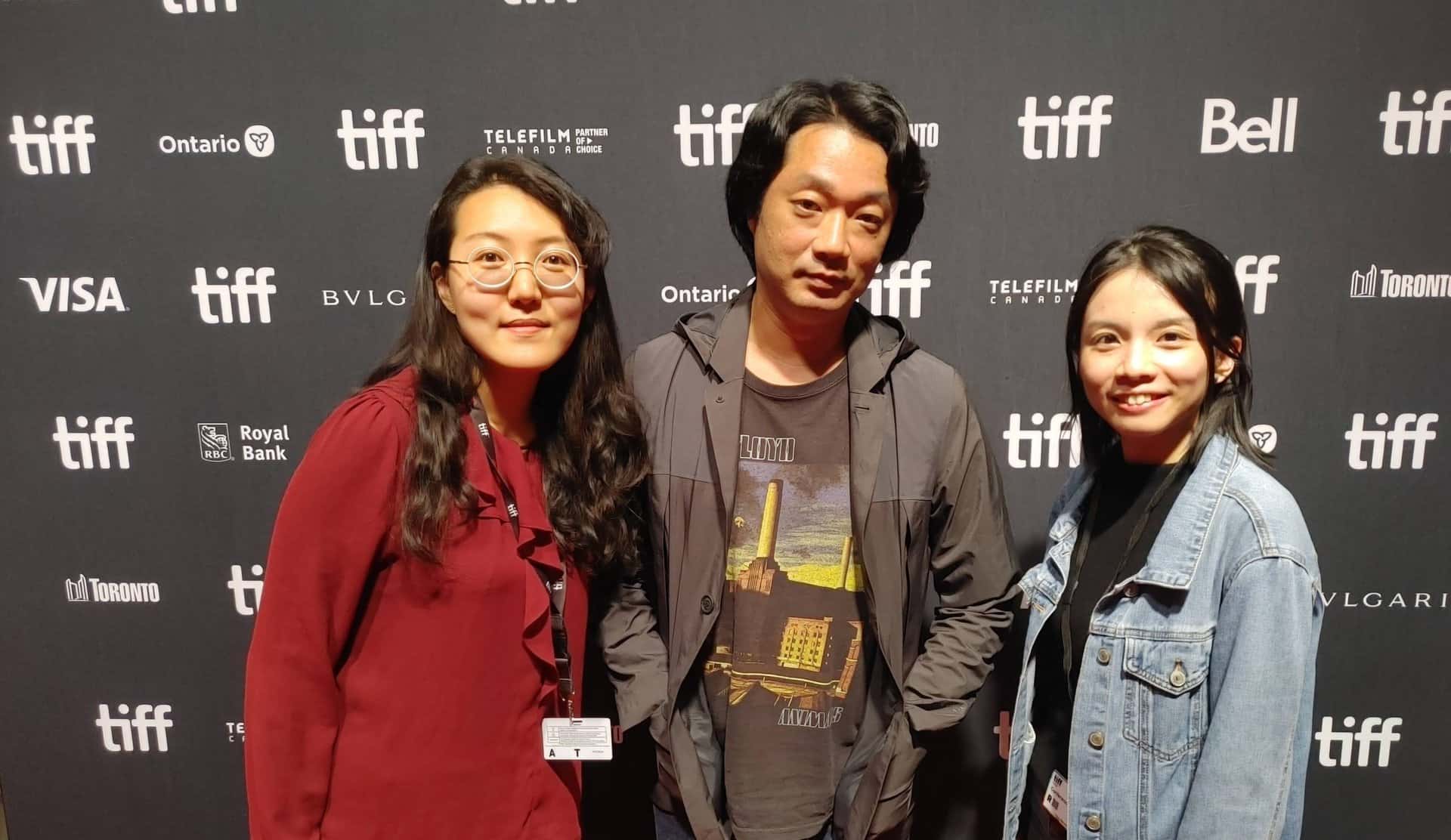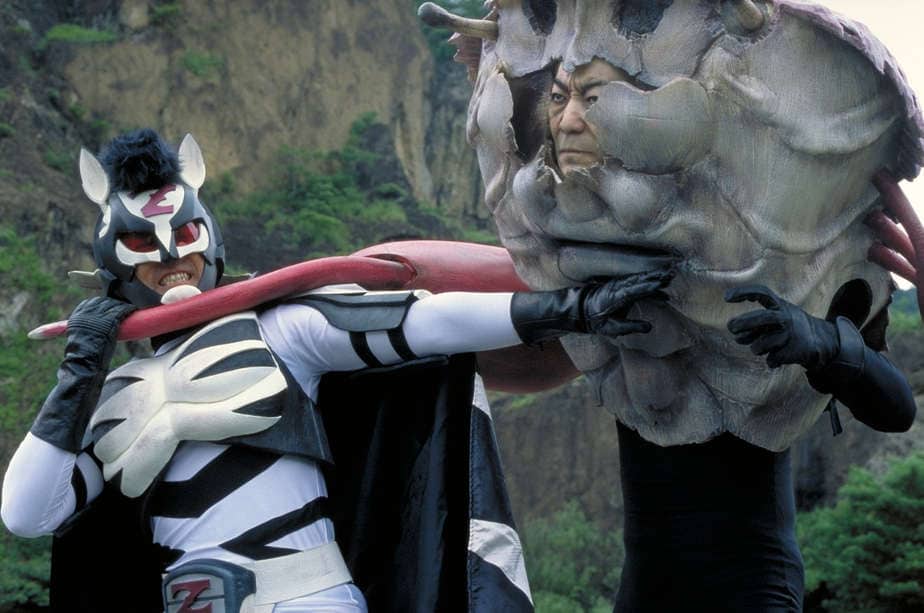With a career spanning over 6 decades and more than 100 credits to his name, Koji Yakusho is one of the most renowned Japanese actors, with his success being rather evident in both his home country and internationally, particularly after his roles in “Memoirs of a Geisha” and “Babel”. A true chameleon of acting, Yakusho has played all kinds of roles in his career, always being convincing whether in horror, comedies, social dramas or samurai movies, whether in blockbusters or independent productions, whether on TV or even voice acting in anime. As a tribute to this remarkable actor, we present 20 of his best roles throughout his career, in chronological order.

1. Dark Society in the East (Shokaku Baba, 1993)
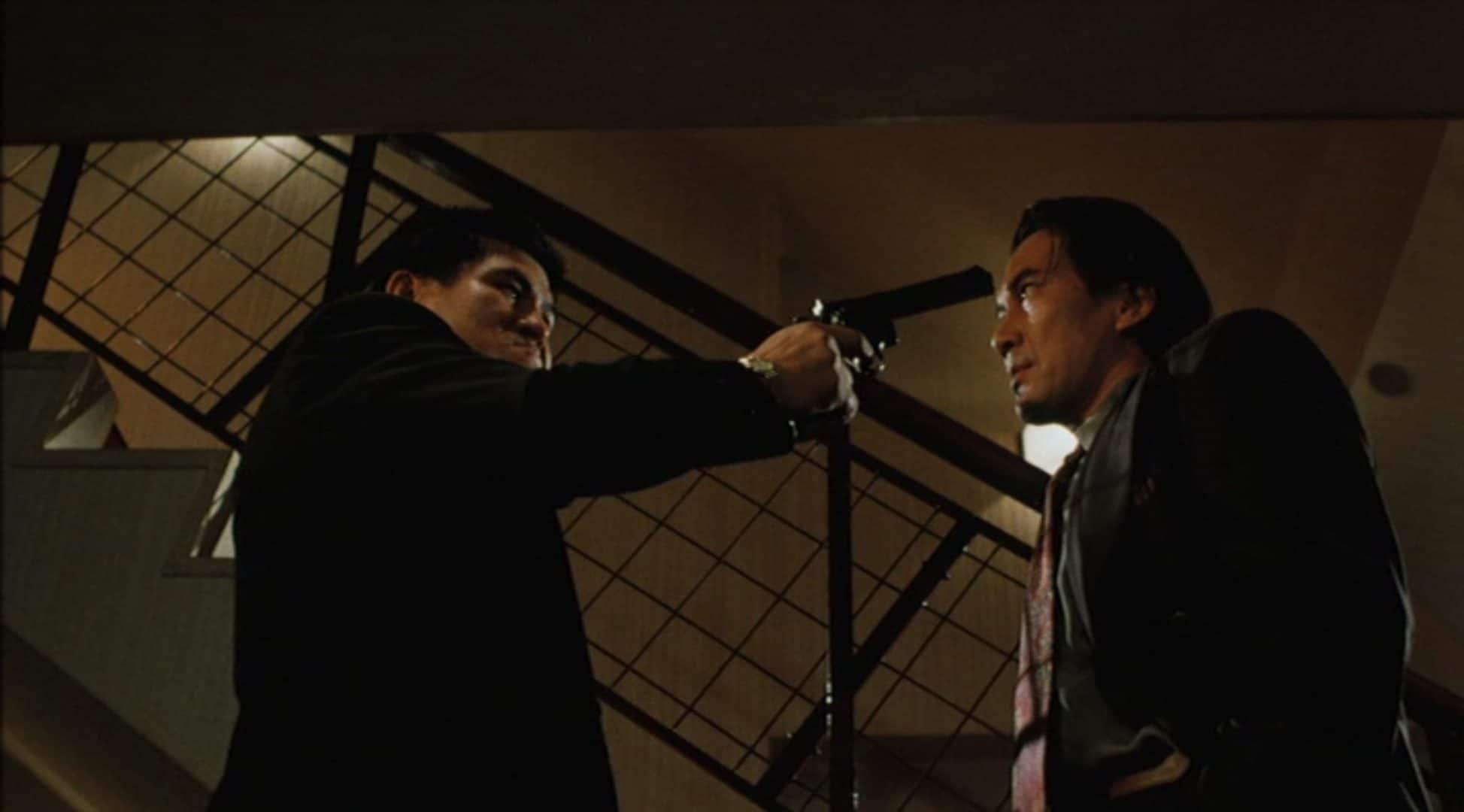
How many actors do you think can walk up to a woman and say “I want to fondle your breasts” and be accepted, in the same film that begins with them literally scraping crap off freshly excreted cocaine bags? “None” is the answer you're looking for, unless of course you happen to be Koji Yakusho being a totally smooth badass in “Dark Society in the East”. Nowhere near a perfect film – its refusal to admit that Japan has a drug problem and laying the blame on foreign gangsters instead is particularly problematic – but Yakusho's performance, an English-speaking Sho Kosugi and an extended cameo from Jimmy Wang Yu, a mood reminiscent of Paul Schrader's “Light Sleeper” and the bombastic finale warrants “Dark Society in the East” (also called “Drug Connection”) a necessary stop in exploring Yakusho's filmography. (Rhythm Zaveri)
Buy This Title
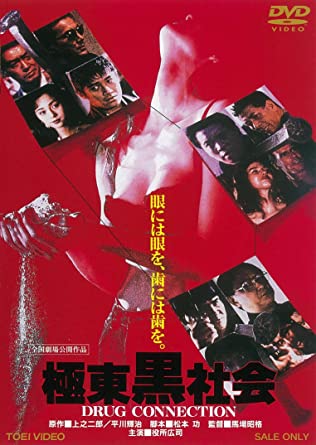
2. Shall We Dance? (Masayuki Suo, 1996)
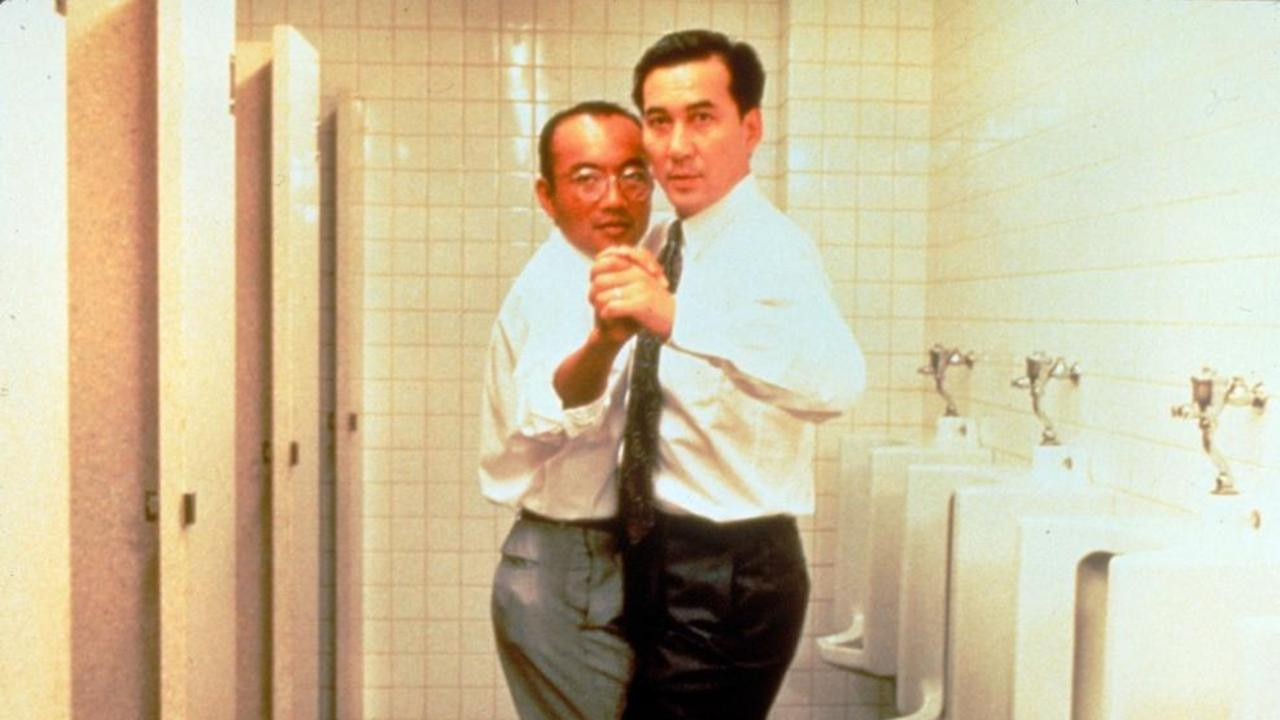
Koji Yakusho's embodiment of the everyman is magnificent here, portraying the middle-aged salaryman stuck in the same daily cycle with relatable timidity that comes with the territory. However, as his character opens up and finds itself through dance, so does Yakusho's performance, which reaches its high points in the scene where he confesses his reasons for taking up dance to Mai. His efforts at getting the dance parts right are commendale, of course, but it is the subtlety that he brings to the quiet, unassuming Sugiyama that remain with you and is a significant reason for “Shall We Dance?” working as well as it does. (Rhythm Zaveri)
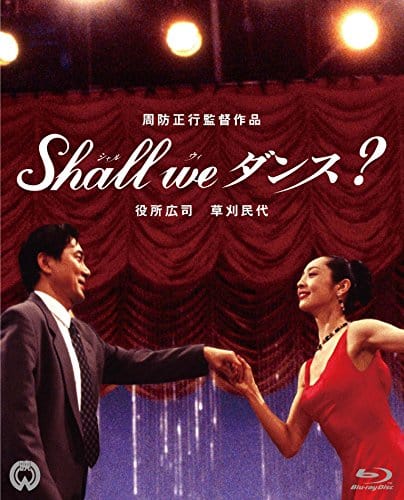
3. The Eel (Shohei Imamura, 1997)
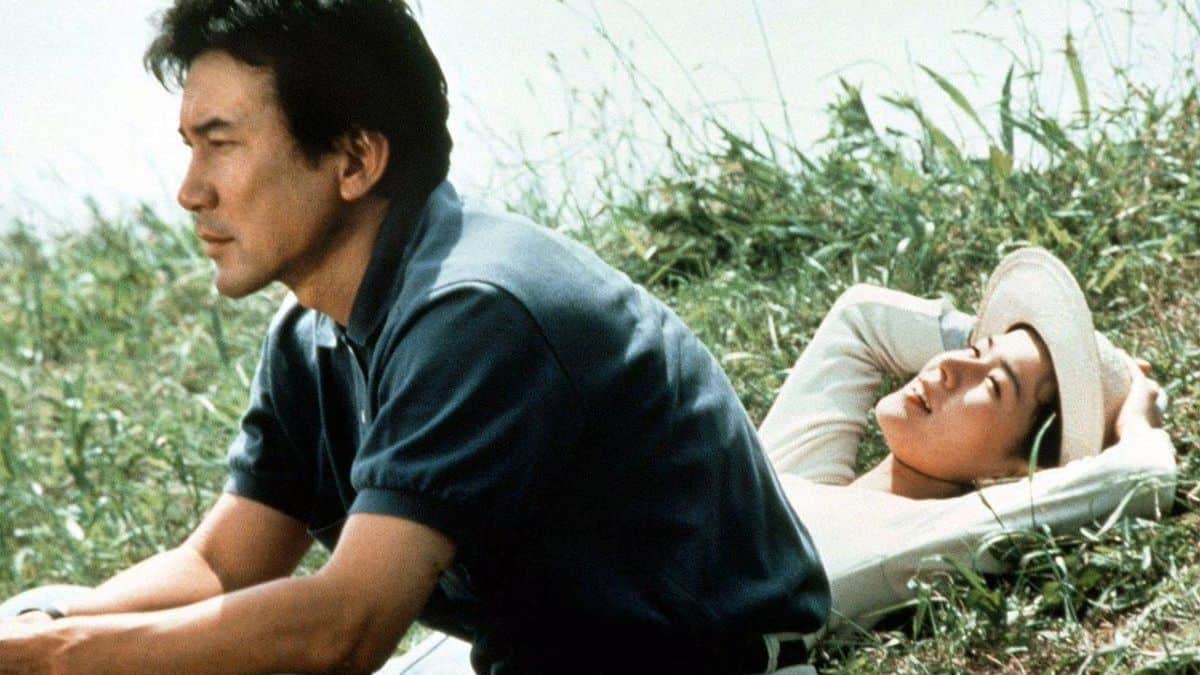
One of the most renowned films of contemporary Japanese cinema, “The Eel” won the Palme d'Or at Cannes, among a plethora of other international and Japanese awards. Koji Yakusho plays Takuro Yamashita, a regular blue-collar worker who likes to fish in his spare time. One day, he receives an anonymous letter, which states that every time he goes fishing, his wife cheats on him. Therefore, he decides to return home early one day. Upon his return, he finds his wife having sex with another man. Almost without remorse, he grabs a knife and stabs them both to death. After this, he surrenders to the police. Eight years later, he is released on parole along with an eel that he kept in prison as a pet. His parole officer is a priest, who takes him to the village where he lives. Yamashita decides to open a barbershop in that village. Everything seems to be going fine for him, and he even manages to make some friends. However, when he saves Keiko Hattori from committing suicide, his life becomes complicated once more. Yakusho is impressive in highlighting the passions lurking underneath the calm and abiding life of a seemingly normal man, whose behaviour is also shaped by jealousy, rage, regret and guilt as much as from an eagerness to finally find redemption, through a second chance presented through love. (Panos Kotzathanasis)
Buy This Title
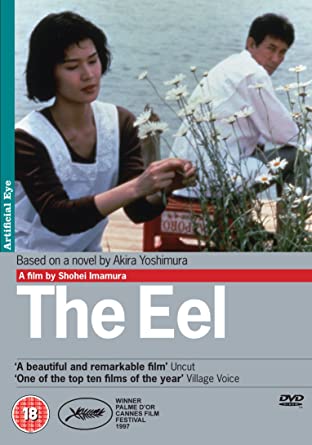
4. Cure (Kiyoshi Kurosawa, 1997)
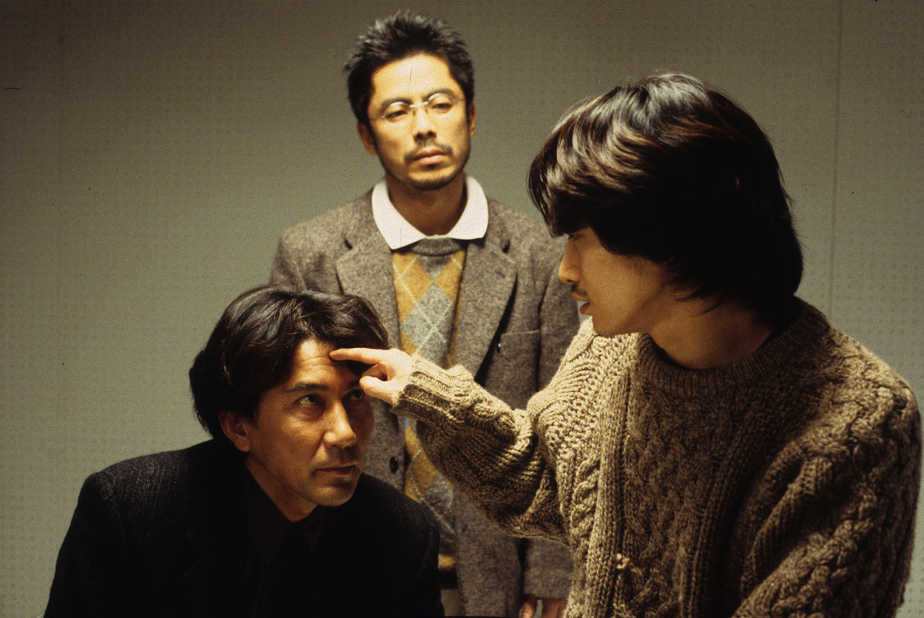
Instead of resorting to plot twists and reversals, Kurosawa gradually creates a maze that combines terror with confusion, in a tactic that exemplifies the ingenuity of both his direction and writing. The build-up of the tension through the narrative is one of the film's greatest assets, as Kurosawa creates a world where nothing is for certain, including the existence of the supernatural. Koji Yakusho, in one of the best efforts of his vast filmography, functions as the receiver of this tension, with his change in attitude that borders on the nervous breakdown as the story of unfolds, being one of the highlights of the film, while the scenes where he lushes out are among the most memorable in the genre.
Buy This Title
5. Charisma (Kiyoshi Kurosawa, 2000)
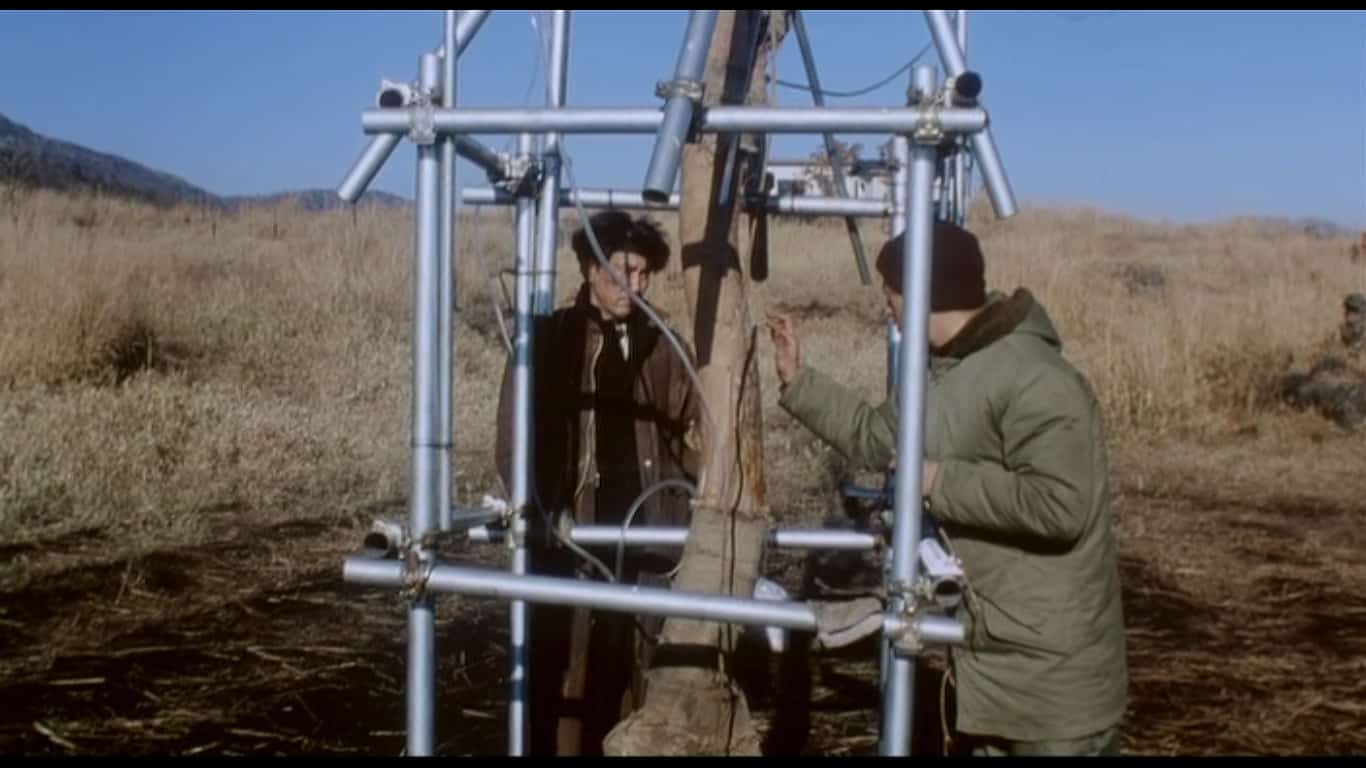
Koji Yakusho's role as a tired and undecided police negotiator is different from his role as a rugged detective in Kurosawa's films “Cure” and “Retribution.” Instead of these crime-thriller roles which feature him tirelessly looking for leads and new evidence, “Charisma” presents him as an exhausted man in a moral qualm, calmly wandering through a bizarre metaphysical world as he interacts with people who may or may not exist in actual reality. (Spencer Nafekh-Blanchette)
6. Dora Heita (Kon Ichikawa, 2000)
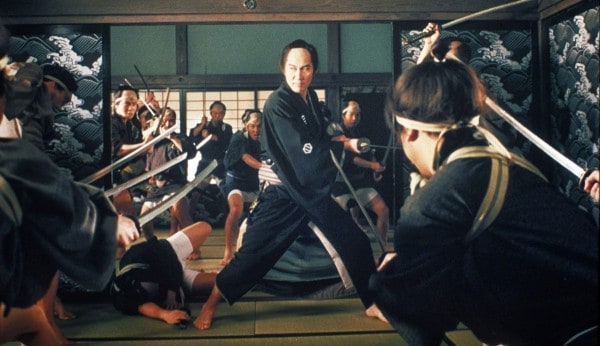
Remake of the 1959 film, “Machibugyo nikki: Tekka botan”, “Dora-heita” is as mischievous as its main character, who is portrayed greatly by Koji Yakusho, in a style that is both extravagant and measured on occasion, also including a number of rather impressive action scenes, where he also shines. (Panos Kotzathanasis)
Buy This Title
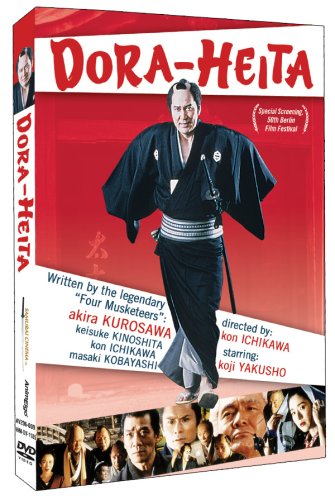
7. Eureka (Shinji Aoyama, 2000)
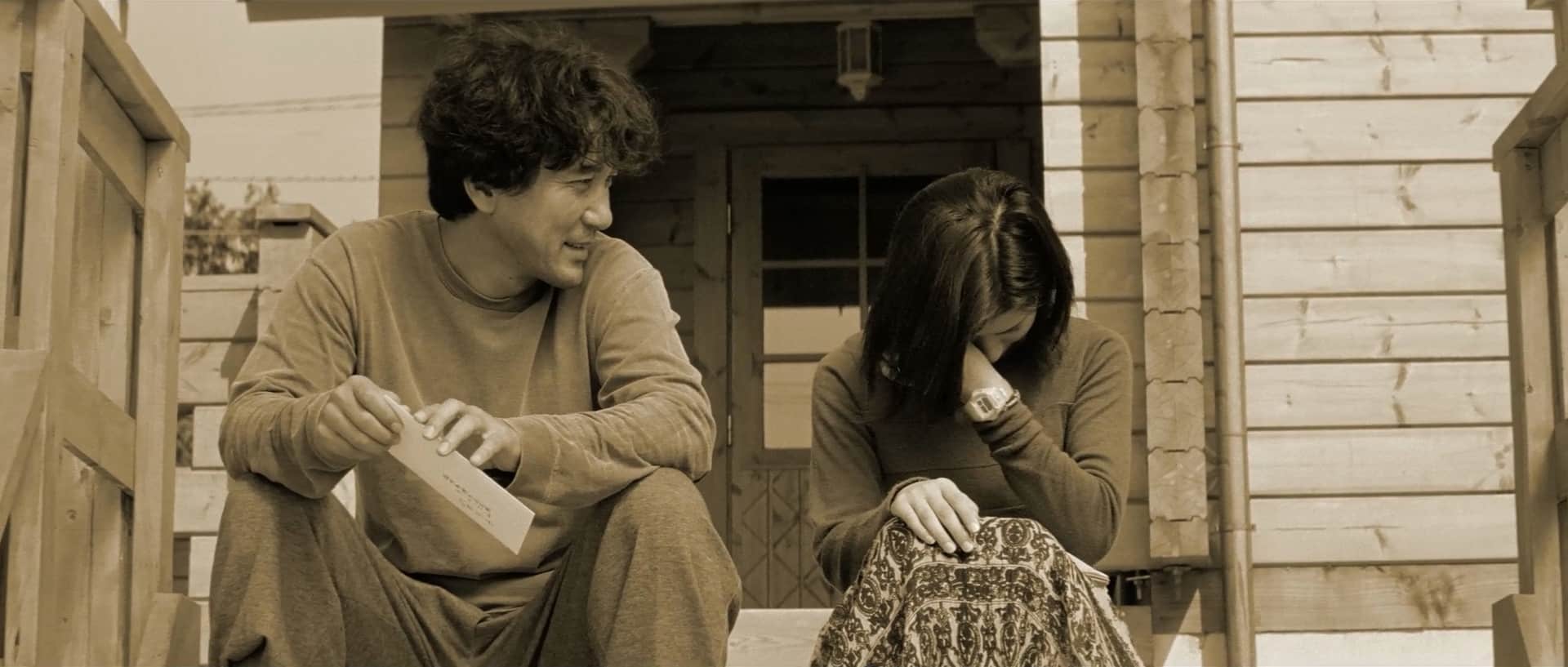
After they have survived a violent bus hijacking, Kozue (Aoi Miyazaki), her brother Naoki (Masaru Miyazaki) and the bus driver Makoto (Koji Yakusho) have trouble coping with the event they have experienced. While Makoto quits his job and roams around the country for two years, the two siblings fall silent altogether, bringing the marriage of their parents to a breaking point. Upon his return, Makoto aims to start anew and with the support of his family and friends he eventually finds a new job. However, as he learns about the fate of the siblings, who now live in their family home with both of their parents gone, and becomes the suspect in a murder investigation in his home town, he realizes the past still has a firm hold on them. In order to help them as well as himself to move forward, he makes a drastic decision. Through his shaking voice and his insecurity later on, Koji Yakusho sets the tone for the acting in the film, with the economy he exhibits finding its apogee in the “eloquent silence” of Kozue and Naoki, which speaks volumes of their violated souls.
Buy This Title

8. Warm Water Under a Warm Bridge (Shohei Imamura, 2001)
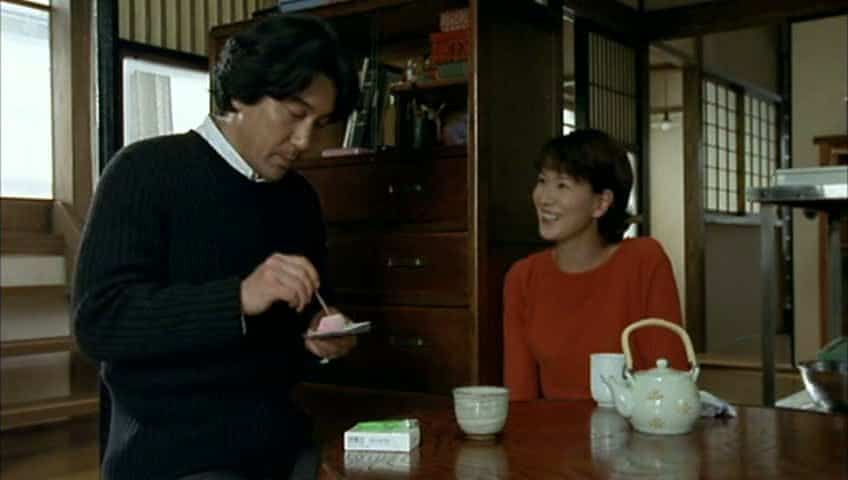
Shohei Imamura's last film tells the story of Yosuke, a salaryman who has been laid off from his job at an architectural firm in Tokyo and is undergoing marital difficulties. When his old friend dies, he travels to the small fishing town of Himi, Toyama to find a treasure that the old man had hidden in a house there decades before. He does not find what he expects, but takes a job with local fishermen and becomes romantically involved with a woman with an exaggerated proclivity towards female ejaculation. Koji Yakusho delivers a rather tame performance, which is, however, filled with humor and a very fitting sense of measure, in one of the most erotic performances of his career. (Panos Kotzathanasis)
Buy This Title
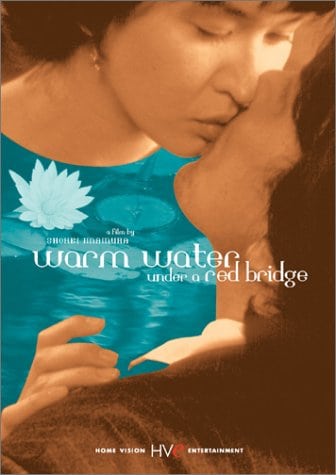
9. Doppelganger (Kiyoshi Kurosawa, 2003)
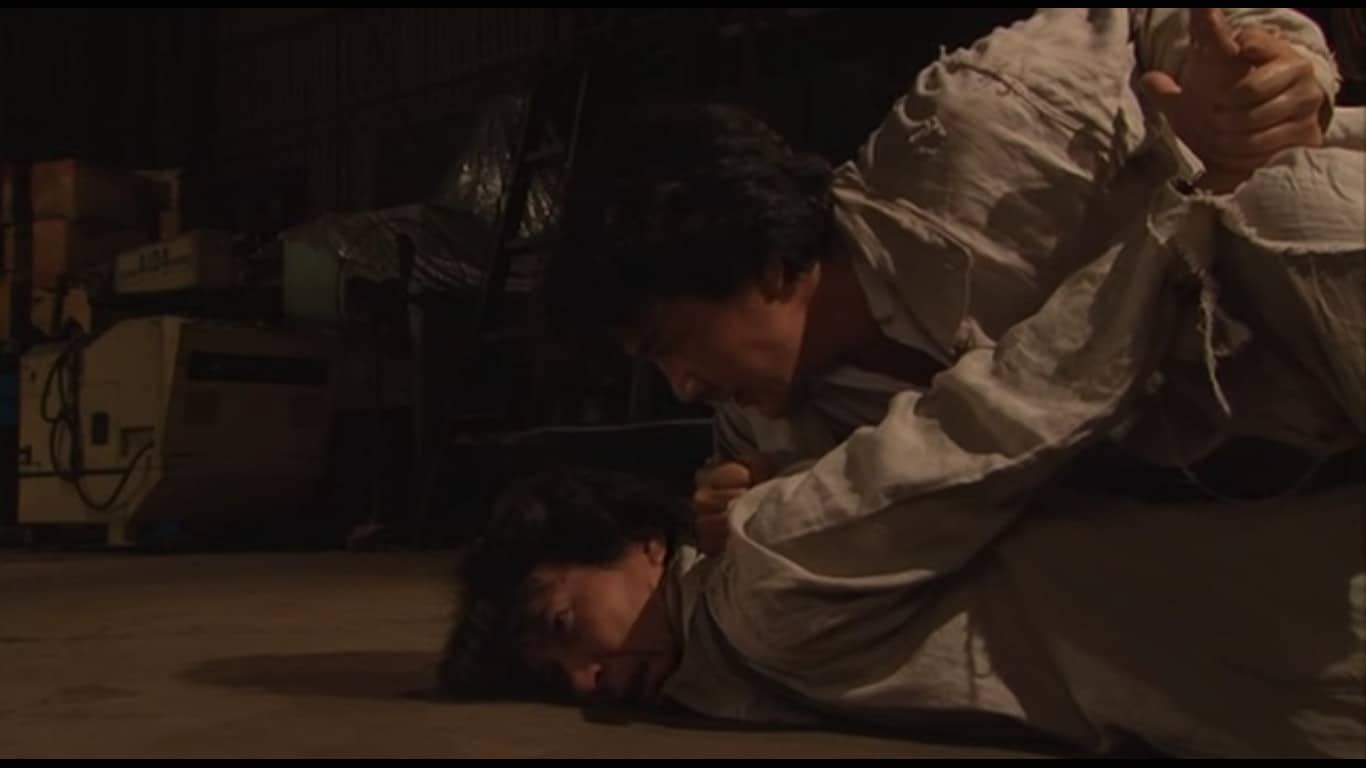
Koji Yakusho delivers an impressive performance as both Hayashi and his Doppelganger, particularly in the way he manages to embody two polar opposite characters, who do share, though some basic similarities. Furthermore, the portrayal of the downward spiral of the “original” is a treat to watch, in rather elaborate transformation. (Panos Kotzathanasis)
Buy This Title
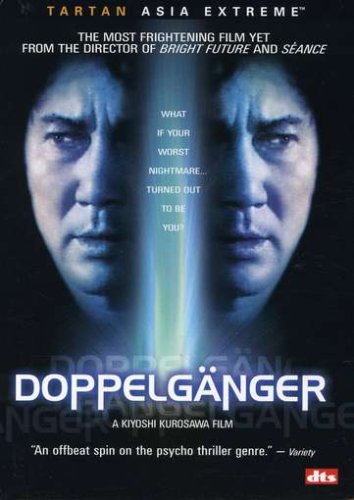
10. University of Laughs (Mamoru Hoshi, 2004)
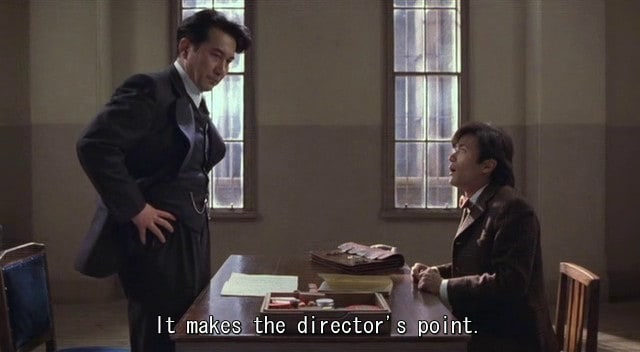
The two-man play set in 1940s Japan is an adaption of Koki Mitani's most successful play. Koji Yakusho performs as a government censor who has to check the script of a comedian before the rehearsals begin. In the interrogation scenes, director Mamoru Hoshi puts the spotlight on Yakusho's character development, changing from a strict and cold-hearted bureaucrat to a more approchable personality. Although Yakusho keeps up the serious posture of his role, in the end, he reveals signs of humanity and gives us a smile. (Alexander Knoth)
Buy This Title
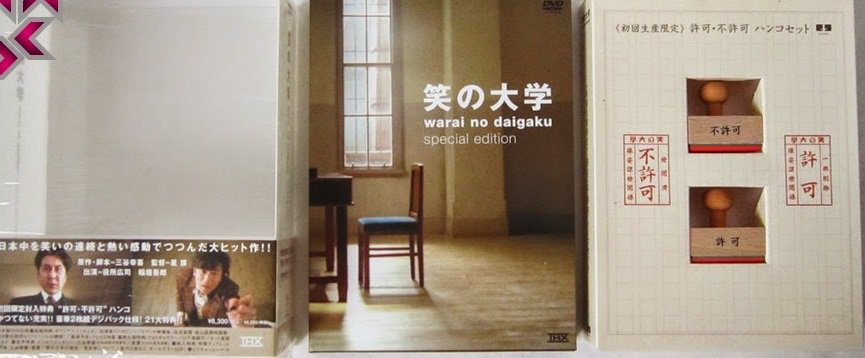
11. Uchoten Hotel (Koki Mitani, 2006)
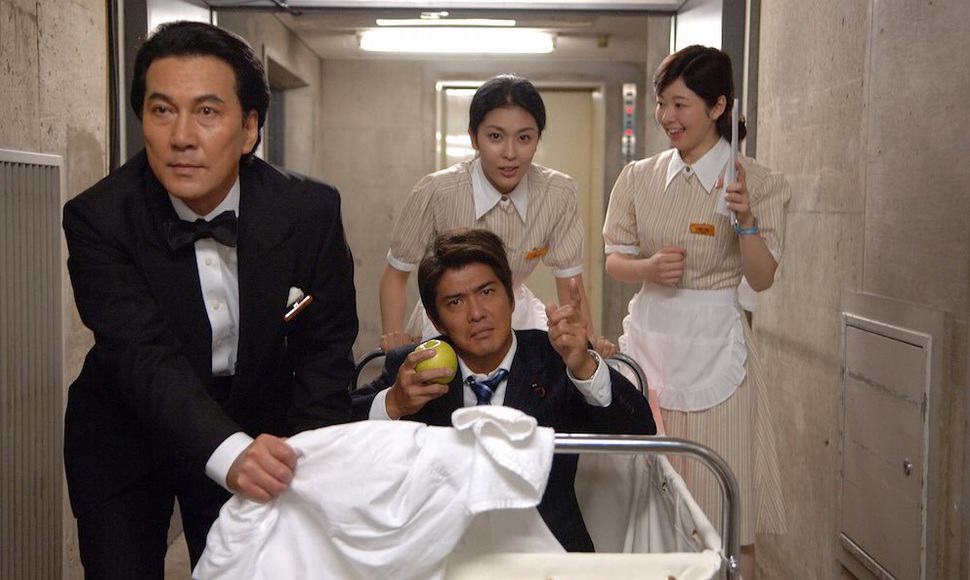
The quirky mixture of „Four Rooms“ and „Budapest Hotel“ shows Koji Yakusho as Shindo, the accommodation manager of a five-star hotel, during his shift on New Year‘s Eve. The highest-grossing domestic film at the Japanese box office in 2006 features many of Mitani's ensemble actors such as Koichi Sato. But the many memorable characters are outshined by the performance of Koji Yakusho, who tries to keep everything together. Nominated for 11 Japanese Academy Awards, including Best Actor for Koji Yakusho, the screwball comedy unfortunately did not win in any category. (Alexander Knoth)
Buy This Title
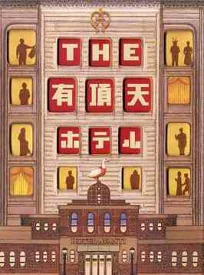
12. Tokyo Sonata (Kiyoshi Kurosawa, 2008)

Some of Yakusho's best works have come with Kiyoshi Kurosawa and “Tokyo Sonata” is no exception. Though the actor's role is rather small, it is no less significant and Yakusho makes the most of it, leaving a lasting impression in what is easily among top tier Yakusho performances and what ends up making “Tokyo Sonata” more memorable than it already is otherwise. (Rhythm Zaveri)
Buy This Title
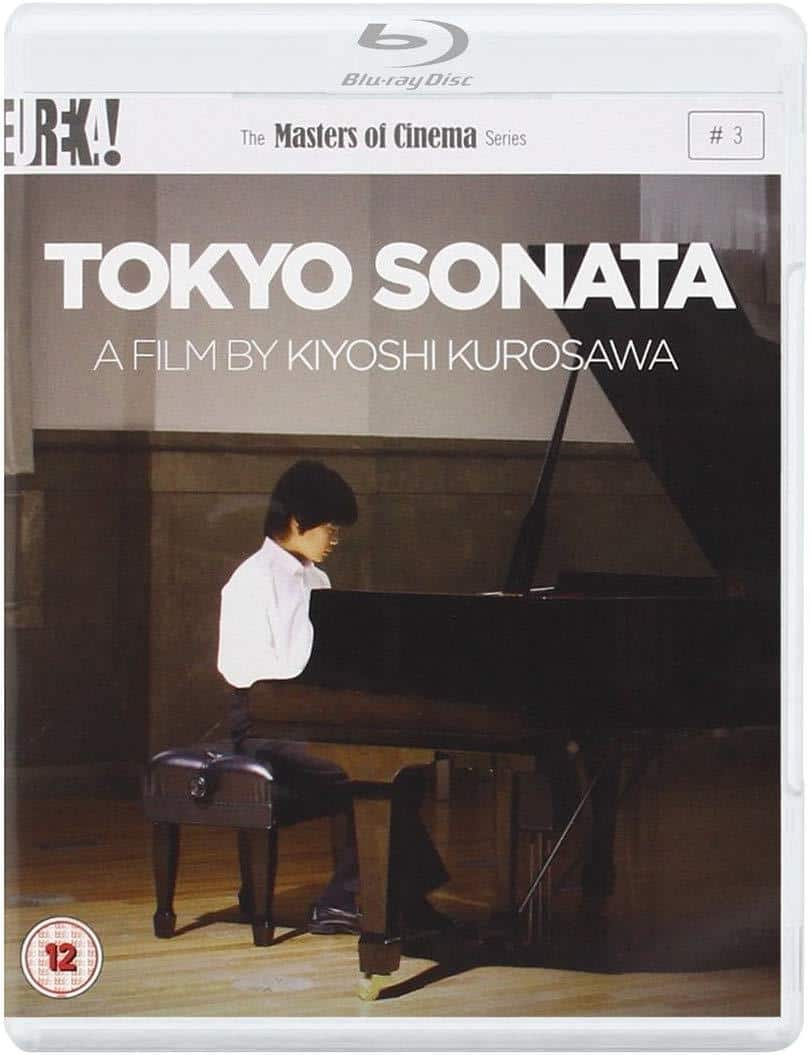
13. 13 Assassins (Takashi Miike, 2010)
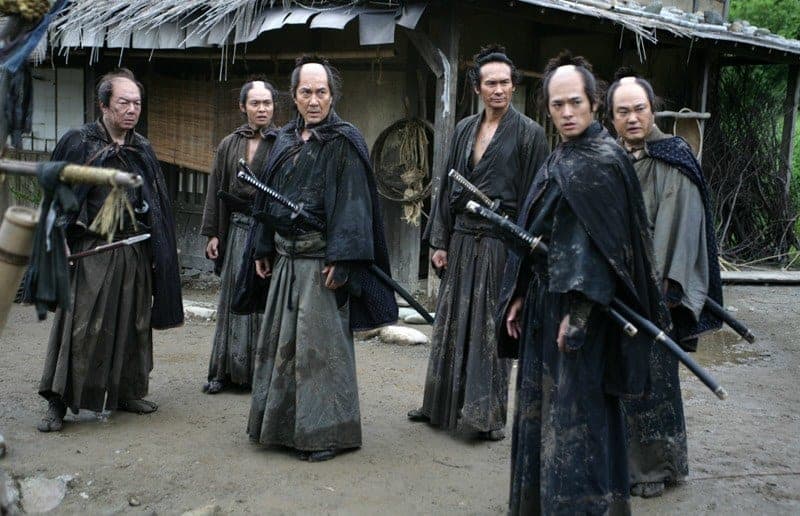
Koji Yakusho is wonderful as always in the role of Shimada Shinzaemon, despite the fact that he acts in the fashion of the protagonists of the samurai films of the 60s, with grandiloquence and intense theatricality. (Panos Kotzathanasis)
Buy This Title
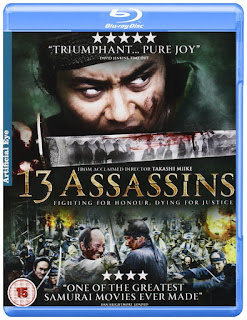
14. The Woodsman and the Rain (Shuichi Okita, 2011)
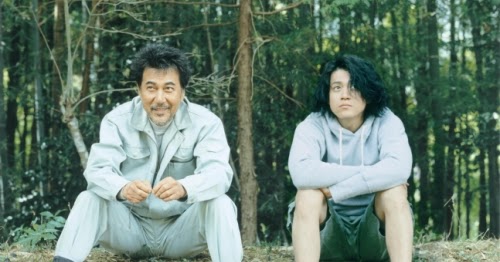
In a small mountain village, Katsuhiko (Koji Yakusho) lives a quiet, but often lonely life. After his wife's death nearly two years ago, his life had become a routine for him divided between his work as a woodsman and regular arguments with his son Koichi (Kengo Kôra) about his future. However, this routine changes as a film crew arrives in the village to shoot a zombie movie written by Koichi (Shun Oguri), who is also the director. Despite their oddities, neither Katsuhiko nor Koichi are portrayed as caricatures, but rather as individuals who have at one point decided not to take part in life any longer. Koji Yakusho's and Shun Oguri's performances highlight the kind of dilemma of men eventually forced to clearly express their views, take responsibility and take over a role they have either neglected or not yet defined for themselves.
Buy This Title

15. The Kiyosu Conference (Koki Mitani, 2013)
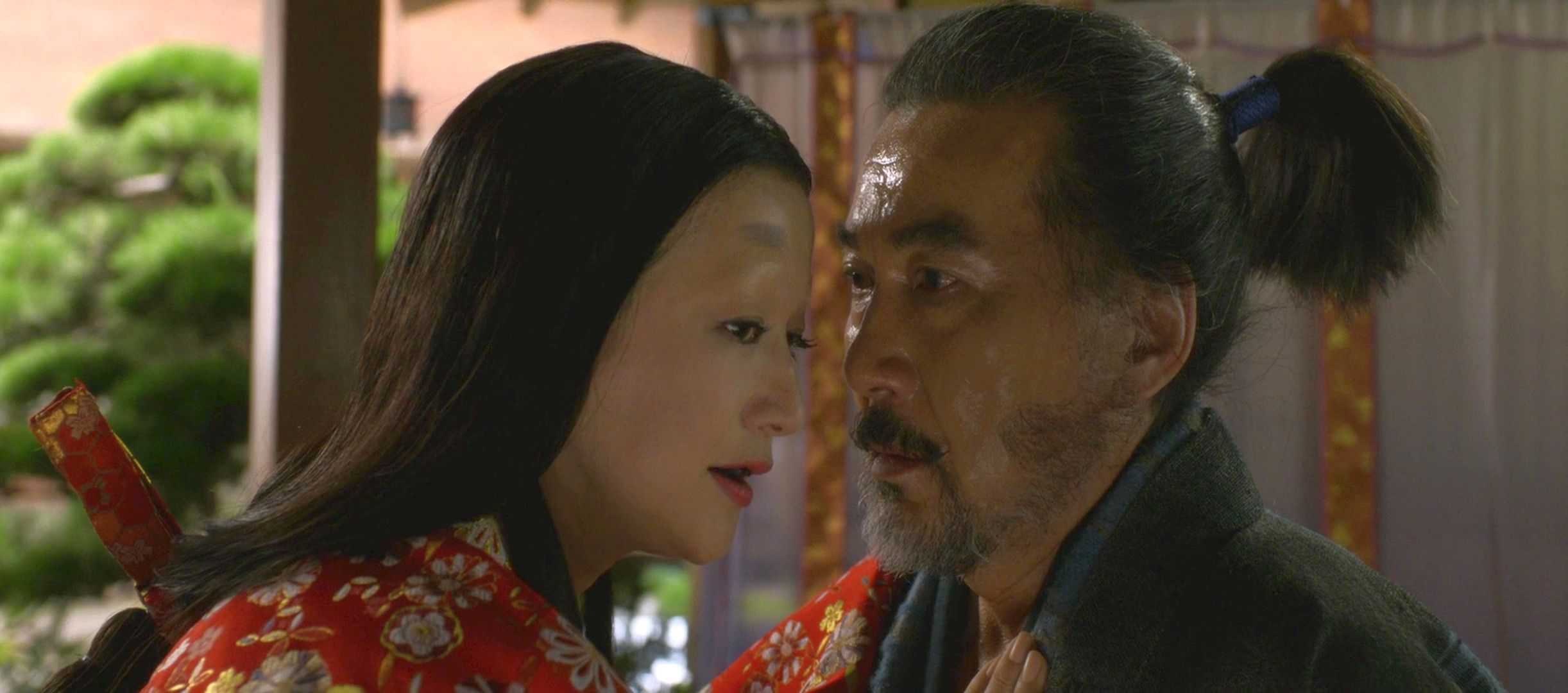
This was the third and to this date, final collaboration between Koji Yakusho and director Koki Mitani, making him somewhat part of his steady set of actors. The historical dramedy about the successor of Nobunaga Oda is slower than other Mitani films but comes up with a light-hearted version of Japanese history, in which Koji Yakusho plays Katsuie Shibata, a samurai and military commander. In contrast to Yakusho's other traditional, more short-spoken and graceful, roles (e.g. „The Pass: Last Days of Samurai“ 2021, „13 Assassins“ 2010), Mitani gives him the chance to go out of character and to show his comedic talent.
Buy This Title
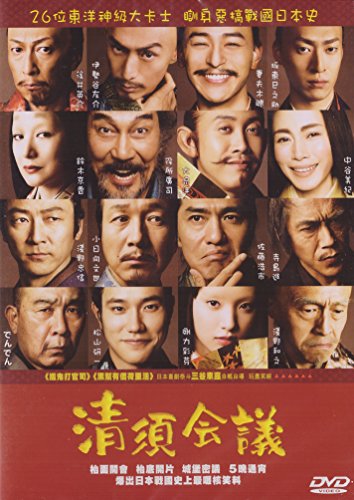
16. The World of Kanako (Tetsuya Nakashima, 2014)
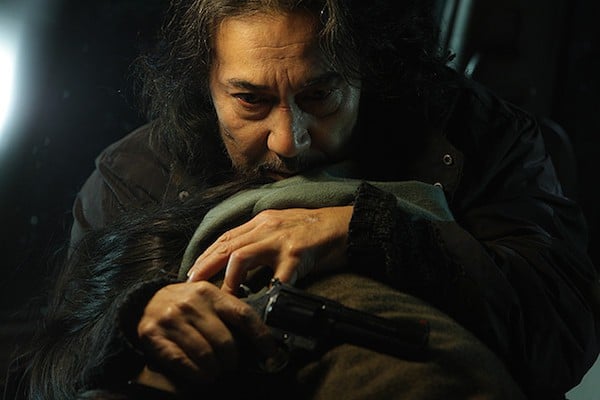
Koji Yakusho as Akikazu proves, once more, the reason he is considered one of the best contemporary Japanese actors, since he can elaborately portray any role asked of him. Here, he plays a father who cannot believe his daughter is not the wonderful creature he thought her to be, and is willing to go to extremes to prove he is right. A distinct example of his character is that as he learns more about her, he suffers even more physically, in a notion mirrored in his white clothes that seem to fill with blood, sweat, and mud as the story progresses. Nakashima focuses the film on him, and he delivers in the most elaborate fashion. (Panos Kotzathanasis)
Buy This Title
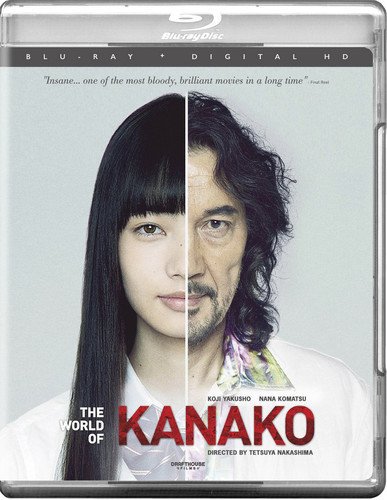
17. The Third Murder (Hirokazu Koreeda, 2017)
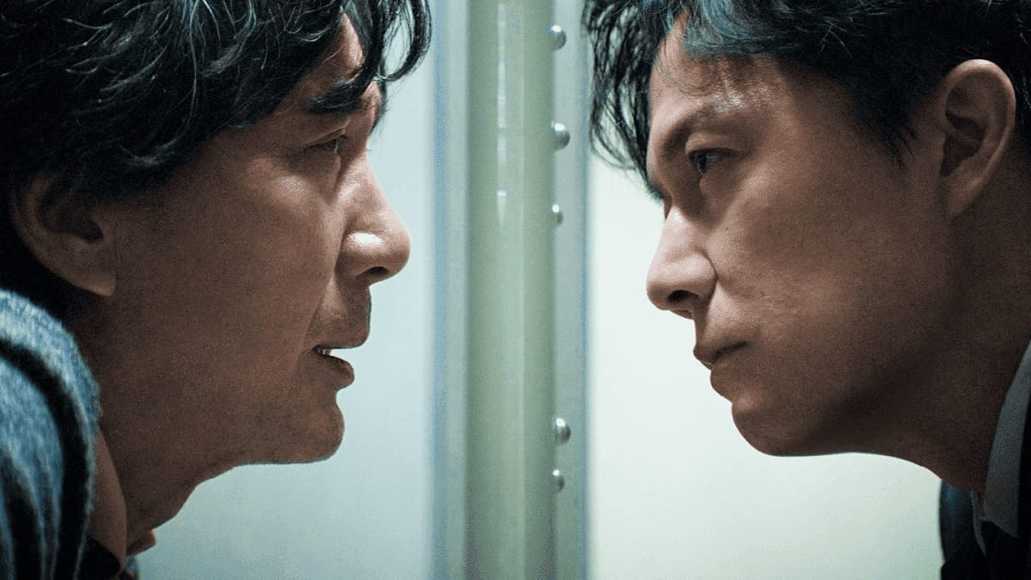
Shigemori seems confident and very sure of himself and his role as a lawyer, but, through his interaction with Misumi, finds himself changing, and instead of simply trying to win a case (which actually serves him as much as it does his client), eventually becomes interested (obsessed even) with finding the truth. These changes, and the many one-on-ones between the two men are the most impressive aspects of the story and the narrative, with Masaharu Fukuyama as Shigemori and Koji Yakusho as Misumi highlighting both their prowess in portraying their parts and their chemistry. (Panos Kotzathanasis)
Buy This Title
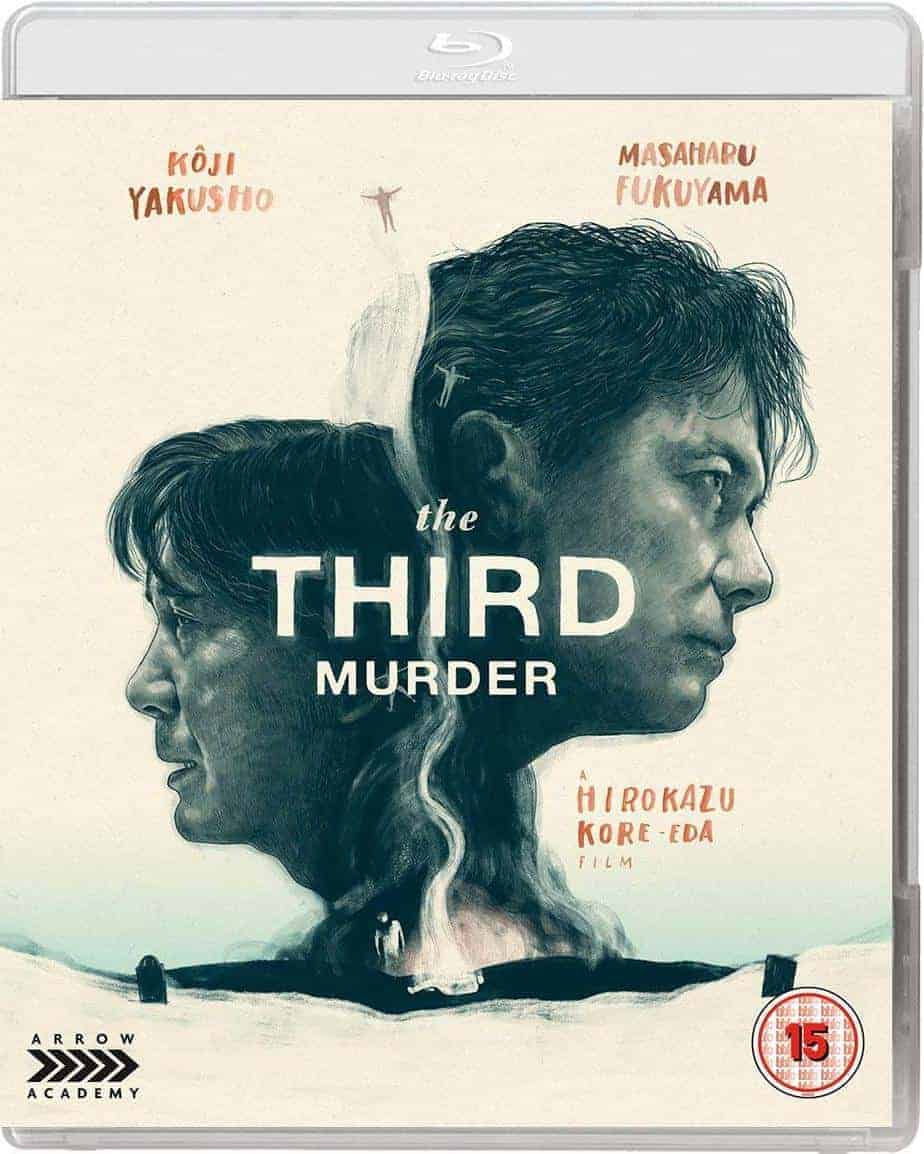
18. The Blood of Wolves (Kazuya Shiraishi, 2018)

The “Training Day” axis derives from the relationship of the veteran Ogami and the “rookie” Hioka, with the first taking the latter for a ride in the complex politics that shape the ties between crime and punishment, and the actual situation in the area. Shiraishi, though, takes this concept a step further, by eventually presenting a second layer in Ogami, which offers a plot twist that turns the film completely around, both regarding the veteran, and his relationship with the rookie. The medium of this change is Hioka, with Tori Matsuzaka presenting both the rookie and the disillusioned cop with equal elaborateness, despite the radical differences between these two personas. Shiraishi does a wonderful job in portraying this change through two violent scenes involving Hioka and a gangster in the beginning, and the owner of a pigsty, near the end. Koji Yakusho is outstanding as always as Ogami, both as a dirty cop and as something completely different, as revealed in the second part of the film. (Panos Kotzathanasis)
Watch This Title
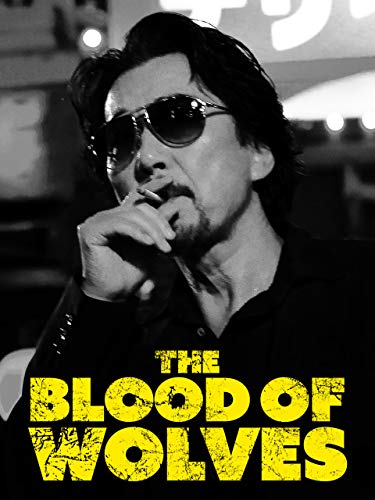
19. Under the Open Sky (Miwa Nishikawa, 2020)
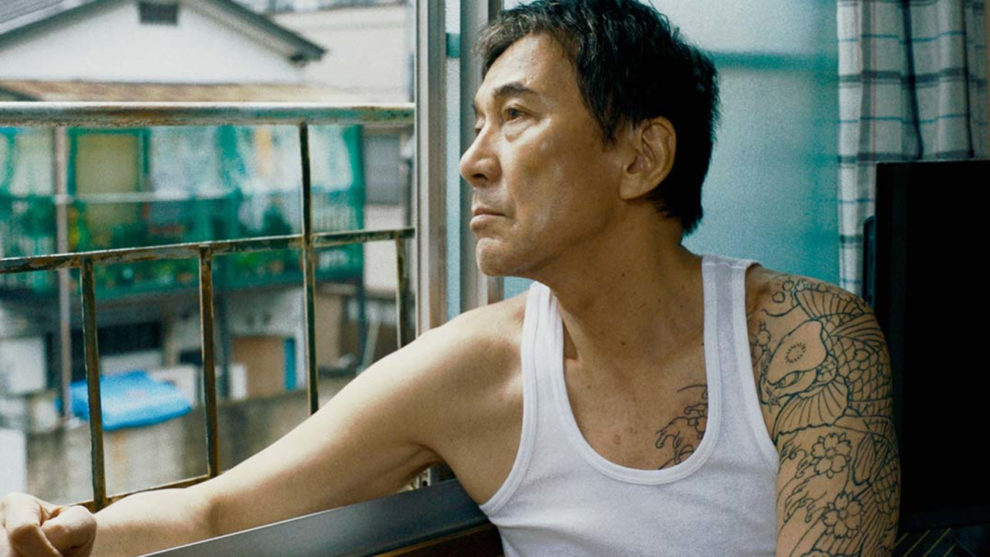
Koji Yakusho has been one the very top of Japanese actors for decades now, and he reaches one of his apogees here, in a rather demanding role that allows him to highlight his versatility and the sense of measure that characterizes his performance in the most eloquent way. Either angry, violent and frustrated or remorseful, pleading and sad or even simply happy, Yakusho is a pleasure to watch, in one of the best performances of his career. (Panos Kotzathanasis)
Buy This Title
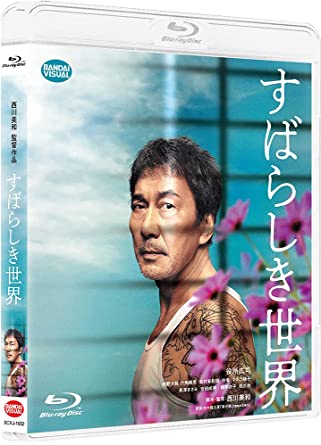
20. The Pass: Last Days of the Samurai (Takashi Koizumi, 2020)
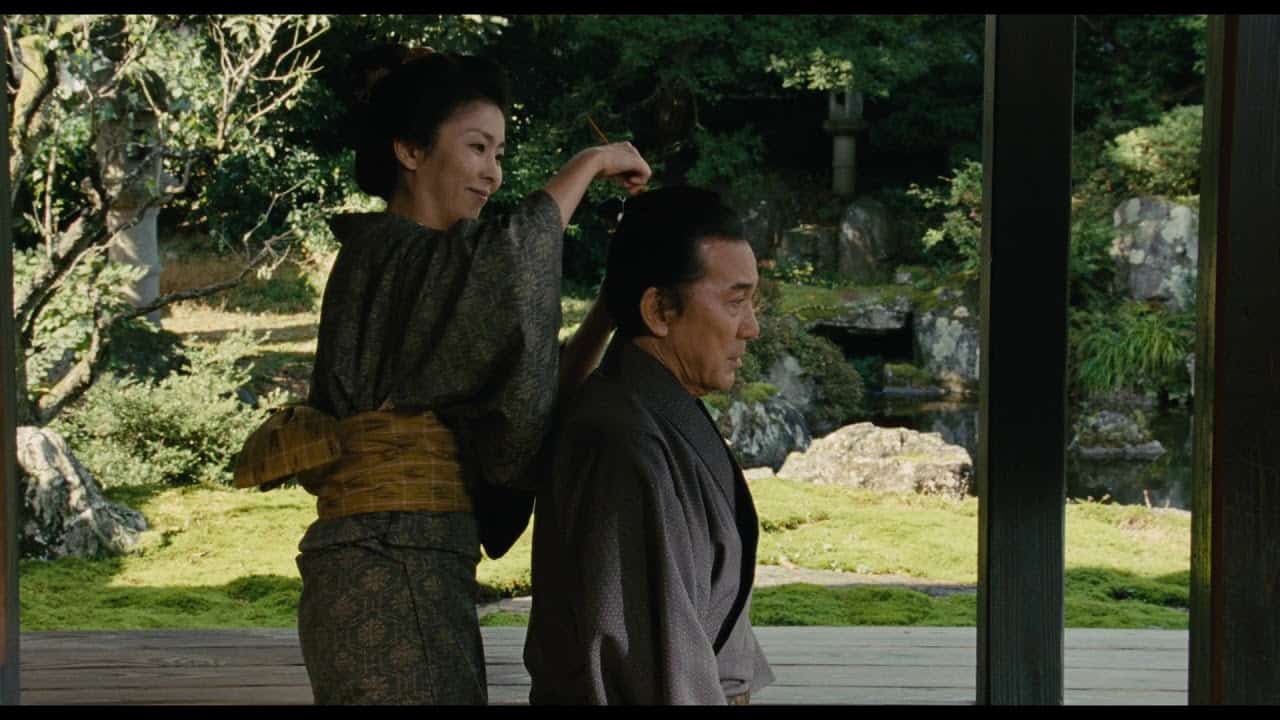
Takashi Koizumi directs a movie that is split into two parts, with the first focusing on Tsuginosuke as a character and his efforts to avoid war against all odds, and the second on the military operations between the two factions. Although much different in narrative approach and aesthetics, both parts are equally intriguing. The first one, which presents a truly charismatic individual, in an approach that is essentially an eulogy, benefits the most by Koji Yakusho's acting, who gives another great and rather measured performance that highlights both his experience and his charisma. Particularly the scene where he is dancing will definitely stay on the mind of the viewer. (Panos Kotzathanasis)


